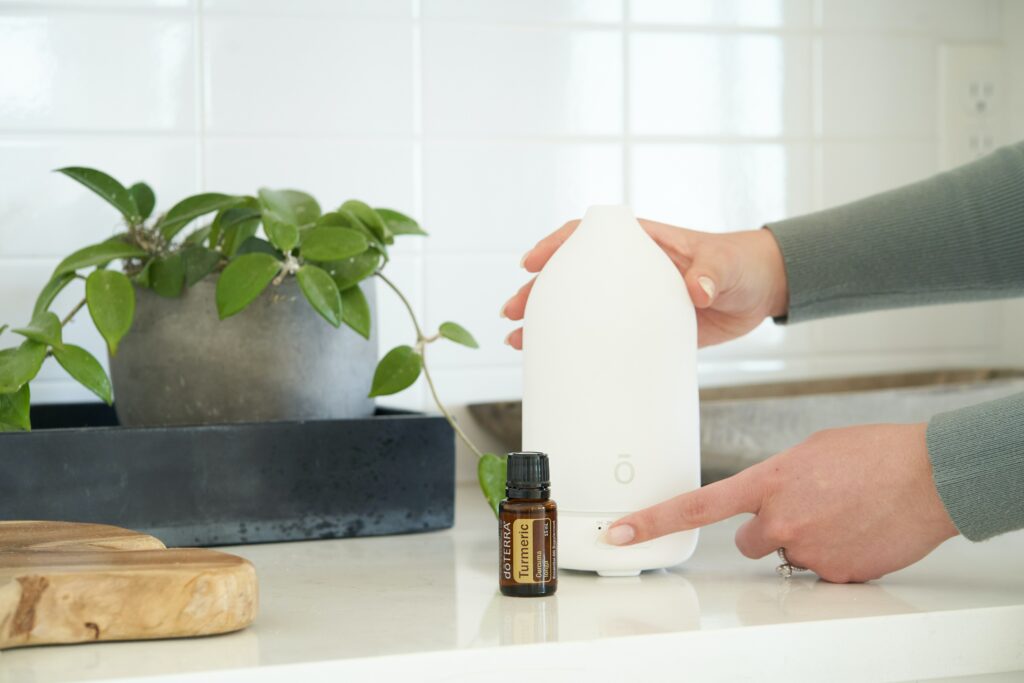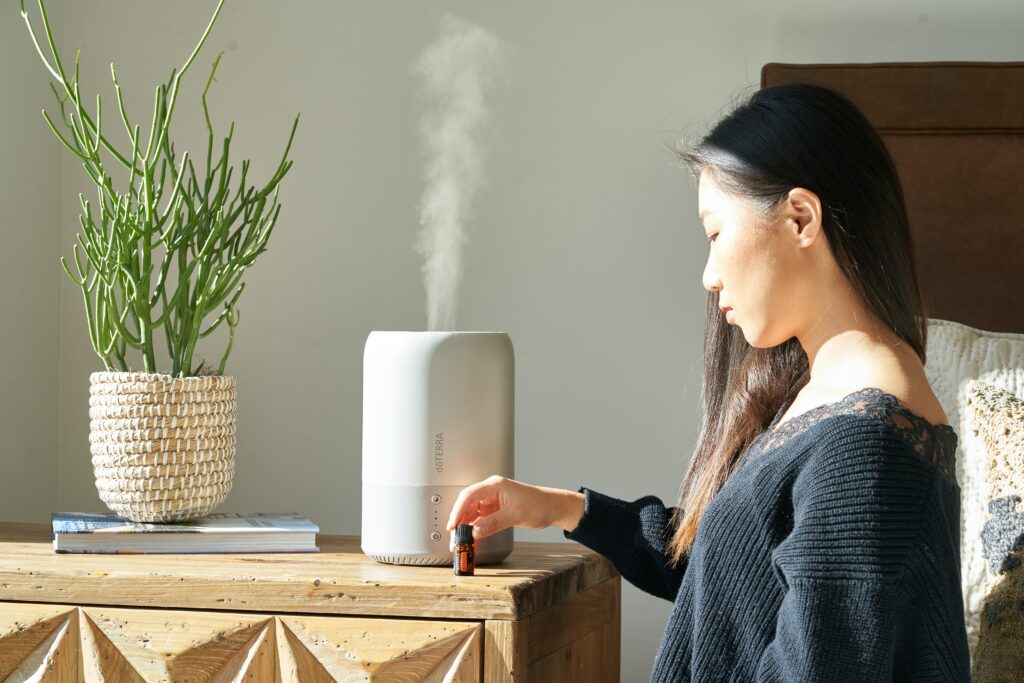A lot of people do not actually know this, but are you aware of the fact that the indoor air in your home is quite likely about five times more polluted than the outdoor air? Yes, you read that right! Poor indoor air quality can have a significant impact on your health, causing allergies, respiratory problems, and other health issues. Fortunately, with our help and the utilization of the tips we will be discussing, your in-home air quality can quickly improve. In this article, we’ll explore some easy-to-implement tips that will help you breathe cleaner and healthier air at home.
Maintain Your HVAC
One of the most important things you can do to keep your HVAC system running efficiently is to change your air filters regularly. Dirty filters can cause your system to work harder than it needs to in order to circulate air throughout your home. Another way to maintain your HVAC system is by scheduling regular maintenance checks with a qualified technician. A professional will be able to identify any potential problems before they become major issues, whether you decide to hire Orzech Heating & Cooling Services or your local handyman to help you, which could affect the performance of your unit or even put you and your family at risk. It’s also important to clean the vents and ducts of your HVAC system on a regular basis. Dust, debris, and other pollutants can accumulate in these areas over time, which can negatively impact the quality of the air circulating around your home. Finally, consider upgrading older systems that may no longer be energy-efficient or may not meet current safety standards.
Keep Your Home Clean
Dust, dirt, and other particles can accumulate quickly around your living space which can lead to poor indoor air quality. Here are some tips on how you can keep your home clean: Make sure that you vacuum or sweep regularly, especially in high-traffic areas like the living room and kitchen. Use a vacuum cleaner with a HEPA filter as this will help trap smaller particles that might escape conventional filters. On the other hand, dust surfaces with a damp cloth instead of using dry dusters or feather brushes which tend to spread dust and allergens into the air rather than removing them. When it comes to washing bedding such as sheets and pillowcases weekly to prevent the accumulation of dust mites which are one of the most common indoor allergens. Don’t forget to keep your pets groomed if they shed hair so that it doesn’t accumulate on carpets and furniture. Decluttering regularly will not only make cleaning easier but also reduces spaces where dust may collect. Keeping your home tidy increases airflow making it difficult for airborne particulates such as pollen and pet dander from settling down.
Use Air Purifiers
Improving indoor air quality is a must, especially for individuals who suffer from allergies or respiratory problems. One way to achieve this is by using air purifiers. These devices work by removing pollutants and allergens from the air, making it cleaner and healthier to breathe. Air purifiers come in different types depending on the specific needs of your household. Some models use HEPA filters that effectively capture particles such as dust mites, pollen, and pet dander while others use activated carbon filters that eliminate smoke and odors. When shopping for an air purifier, consider its size capacity since you want it to cover the entire room where it will be used. Also, check its noise level so that it doesn’t become a distraction when placed in bedrooms or living areas. Using air purifiers can help improve indoor air quality but remember that they are not a cure-all solution. Be sure to still maintain proper ventilation in your home by opening windows regularly if possible and avoiding chemicals with strong fumes like cleaning products or paint solvents.
Control Humidity Levels
High humidity is a serious issue that is easily overlooked, and it can lead to the serious growth of mold and mildew, which can, among other issues, cause respiratory problems. Low humidity, on the other hand, can dry out your skin and nasal passages. One way to control humidity levels is by investing in a dehumidifier for high-humidity areas like basements or bathrooms. This will help reduce moisture in the air and prevent mold growth. Another way to control humidity is by using a hygrometer to monitor indoor moisture levels. Ideally, you should aim for relative humidity between 30-50%. You can also improve ventilation by opening windows and using exhaust fans when cooking or showering. This will help remove excess moisture from the air. If you have plants inside your home, make sure they are not overwatered as this can contribute to higher indoor humidity levels.

Avoid Indoor Smoking
It not only affects the smoker’s health but also those around them. Secondhand smoke contains over 70 cancer-causing chemicals and can lead to respiratory problems, asthma attacks, and even sudden infant death syndrome (SIDS). To avoid indoor smoking, it’s important to establish a no-smoking policy inside your home. This may be difficult if you or someone in your family smokes but finding alternatives like e-cigarettes or nicotine patches could help. It’s also crucial to ensure that visitors are aware of the no-smoking policy before entering your home. If they do need to smoke, ask them to step outside so that their secondhand smoke won’t affect others indoors. It’s important to clean any areas where smoking has occurred thoroughly. Smoke particles can linger on surfaces and fabrics for days after being exposed.
Improving your home’s air quality is essential for ensuring a healthy and comfortable living environment. By following these tips, you can maintain clean and fresh air in your home all year round. Remember to keep up with regular HVAC maintenance, keep your home clean, use air purifiers as needed, control humidity levels, and avoid indoor smoking. Making these small changes can have a significant impact on the overall health of you and your family. So take action today to improve the quality of the air in your home!


